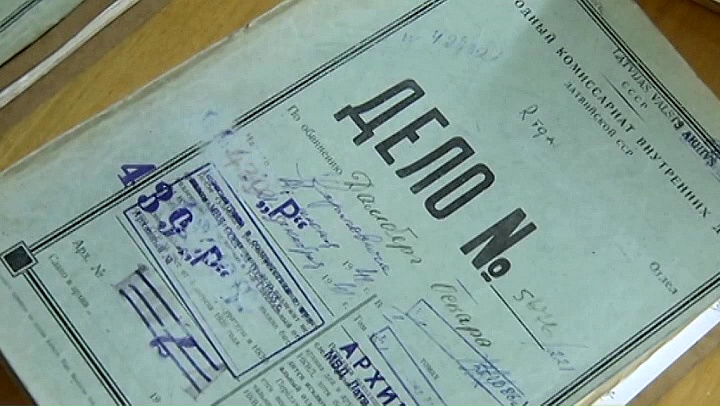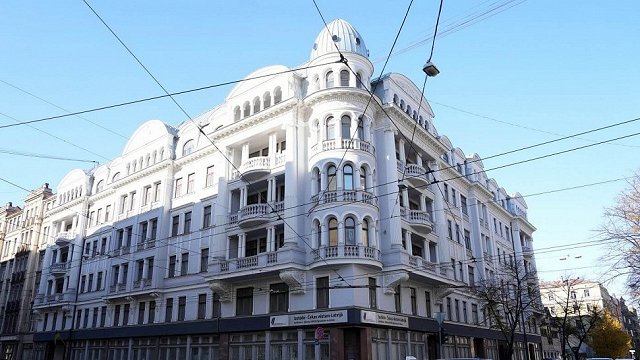Vejonis said in an interview with commercial LNT television on Tuesday that he has received the letter of the commission researching the KGB files, asking to annul the special law on those KGB files adopted 23 years ago and to make public the information contained in those files. The president said that the letter will be revised and the commission will receive a reply.
"First of all, they should turn to the parliament, which writes decisions into law," said the president.
"As for publishing the sacks of Cheka files, of course we have to know our history. Including the perhaps unflattering pages of our history.. but that's why we have a commission established to research the documents," he said.
Vejonis underscored that the materials available in Latvia’s KGB files are fragmentary, therefore the commission has to establish each person’s case and possible offense against the country and the society.
Historical facts should be explained, including why people have been put in KGB lists, he said. The situations have been different and not all people included in the lists collaborated with KGB, and publishing them in raw form, without commentary, would be akin to "throw the records on the street and allow people to stamp upon them".
As reported, the commission of historians headed by Karlis Kangers recently decided to ask Latvian President Raimonds Vejonis to annul the special law on those KGB files adopted 23 years ago and to make public the information contained in those files.
The head of the Constitution Protection Bureau, Janis Maizitis, said in an interview with the Ir magazine that the lack of evidence about actual collaboration of the people mentioned in those files as KGB agents was one of the reasons why the files had been kept confidential so far. Another reason was that it would be a very selective move because only those files that were left in Latvia would be made public.
The special government-appointed Commission for the Study of KGB Materials was formed after Saeima ruled that such a research study of the available documentation must proceed before the entire archive is made freely accessible to the public.
It has been clear for a long time that the records are not fully complete and therefore cannot serve as evidence for establishing the fact of collaboration by informants with a repressive agency of the Soviet Union.
The end of May, 2018 has been set as the time for opening the KGB archives to the public.
A popular assumption in society is that parts of the records are kept secret because they contain material that might embarrass influential individuals still enjoying a degree of prominence today.





























